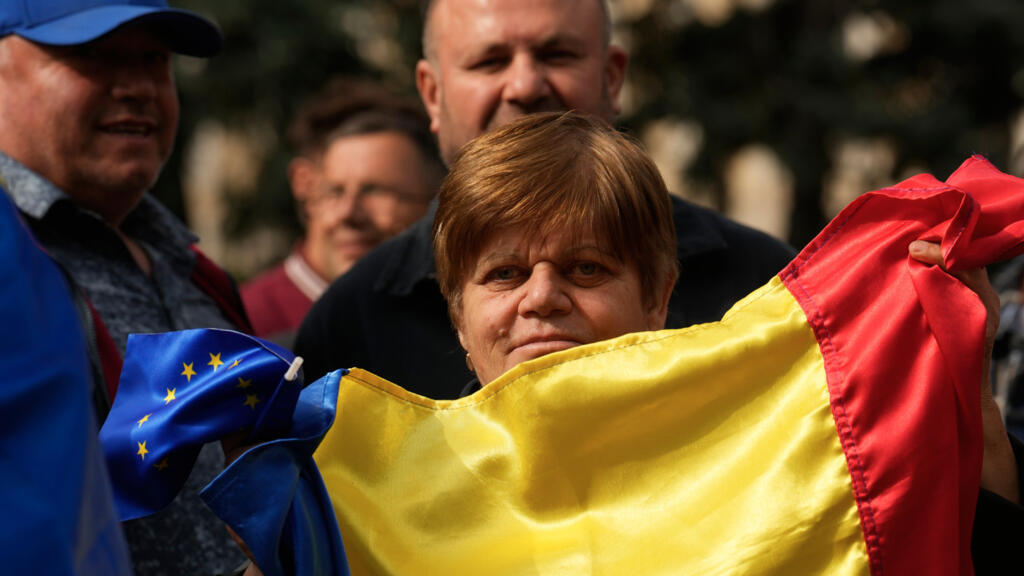
Sunday’s elections in Moldova marked a defining moment in the country’s democratic journey. Amid deep political divisions and heavy foreign interference, the vote offered Moldovans a clear choice between turning east or west. They delivered a decisive victory for the pro-European Party of Action and Solidarity.
"The parliamentary elections in Moldova demonstrated a high level of commitment to democracy, amid unprecedented hybrid threats coming from Russia,” according to Paula Cardoso, leader of the Organisation for Security and Co-operation in Europe's electoral observers team.
"From illicit financing funnelled through shadowy networks to relentless disinformation campaigns eroding public trust, and brazen cybersecurity incidents designed to sow chaos, these tactics sought to manipulate Moldova’s democracy and sovereignty," she added.
"Yet, the nation’s democratic tenacity prevailed and helped to ensure the integrity of the vote.”
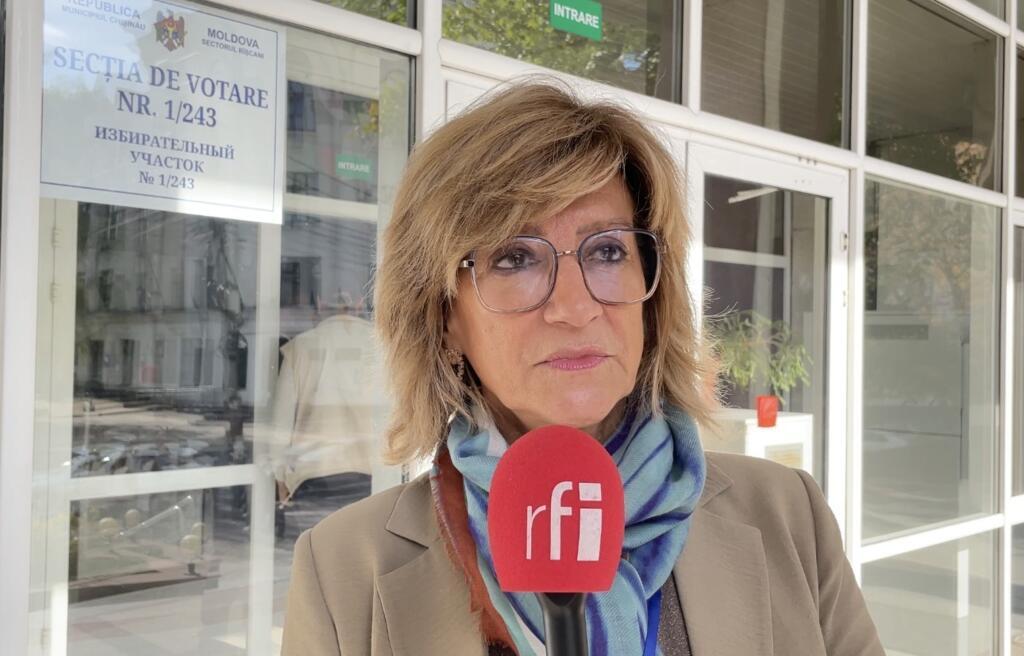
The legal framework governing the elections provided a solid foundation, with recently introduced laws having enhanced the definition of electoral corruption and tightened campaign finance regulations.
However, Cardoso told RFI that last-minute changes to the law and controversial decisions by the Central Election Commission, including the disqualification of some parties close to the election date, "raised questions about impartiality and limited the political landscape somewhat".
Nevertheless, the election day itself was largely "smooth and orderly,” according to the observers – with high competence among electoral staff, the majority of whom were women, earning praise from international observers.
In pictures: Moldovans vote in decisive parliamentary elections
'Russia failed'
In total, 1,578,730 people voted at 2,274 polling stations nationwide, with the Party of Action and Solidarity (PAS) winning 50.2 percent of the votes – followed by the pro-Russian Patriotic Bloc with 24.18 percent.
"We respect the free and unimpeded choice of the Moldovans to determine their future. The Russian Federation does not,” said Michael Gahler, head of the European Parliament Election Observer mission to Moldova.
Had the Moldovans decided otherwise, "we [the EU] are not the ones who then come with tanks,” he told RFI during an interview in Anenii Noi, a small town in the east of Moldova, where he was checking a polling station designated for Moldovans who live in the breakaway Transnistria region.
"In the run up to this election, Russia interfered at an unprecedented scale with cyber-attacks, disinformation campaigns, intimidation and illicit financing and vote buying schemes. Yet again, they failed,” he added.
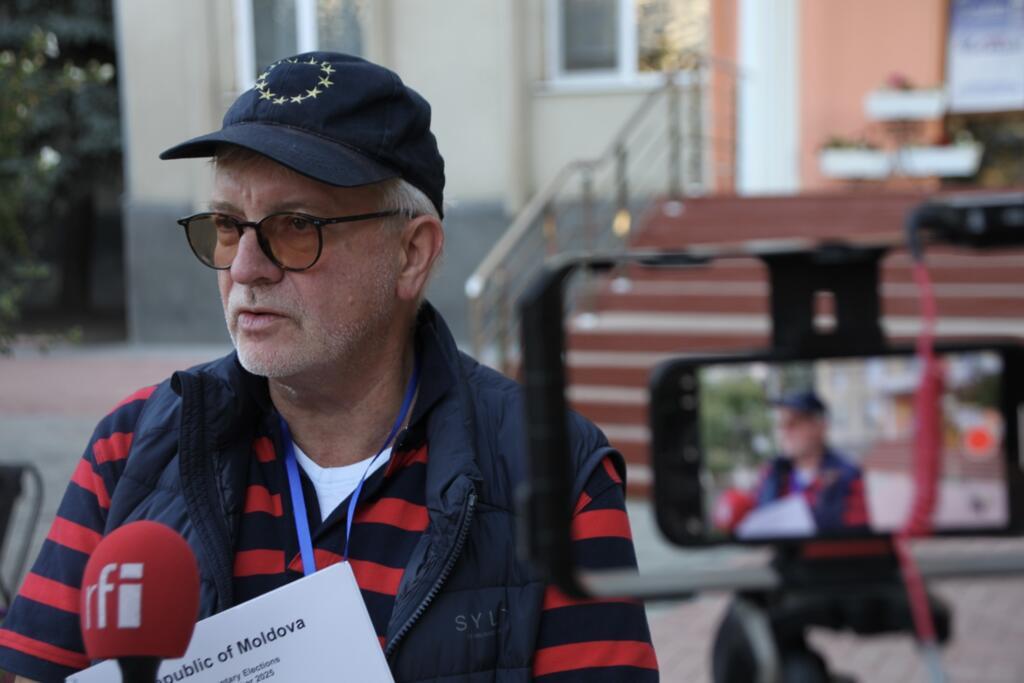
How Russian disinformation flooded Moldova's media landscape ahead of election
Political divisions
The result is being viewed by many as affirmation of the country's European aspirations, amid ongoing conflict in neighbouring Ukraine and persistent Russian efforts to influence Moldovan politics.
“It’s a big win for the PAS, the main pro-European party in Moldova,” said Natalia Putina, a political scientist at the State University of Moldova.
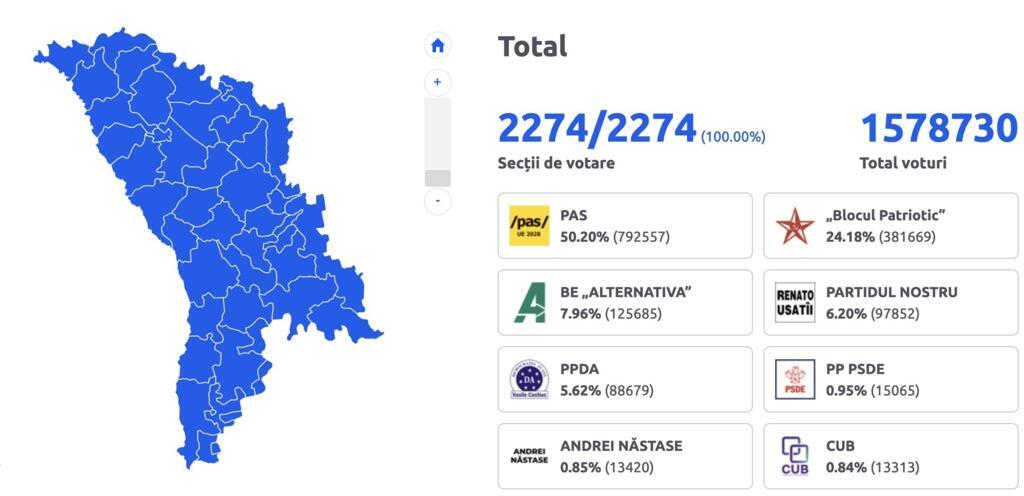
Nevertheless, political divisions remain deep. The Patriotic Bloc lost ground but retained a base of support, particularly in separatist-leaning regions such as Transnistria.
“We would have liked to see victory and opposition. We hoped that the opposition would find a solution. We believe that the current government hasn't shown any results yet,” said Igor, an employee with a bank in Tiraspol, the capital of Transnistria.
He had come to the polling station in Arenii Noi, one of 12 along the border with Transnistria set up to accommodate Moldovans living in the breakaway region.
His trip was not without obstacles: he had first tried to vote at a polling station in Causeni, further south, but it was closed and he didn’t know why.
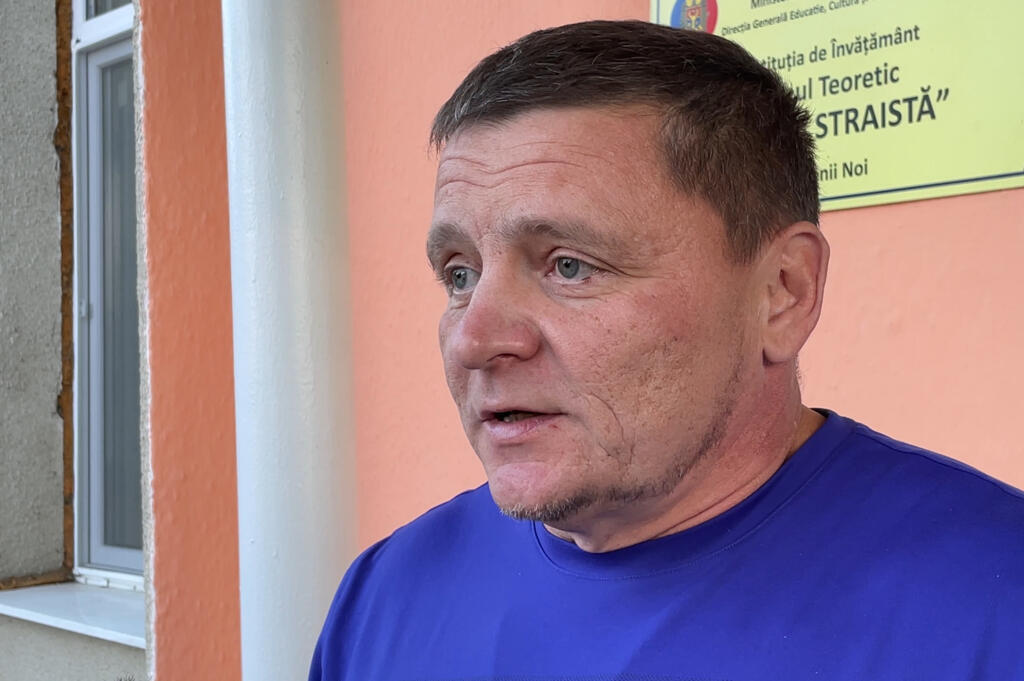
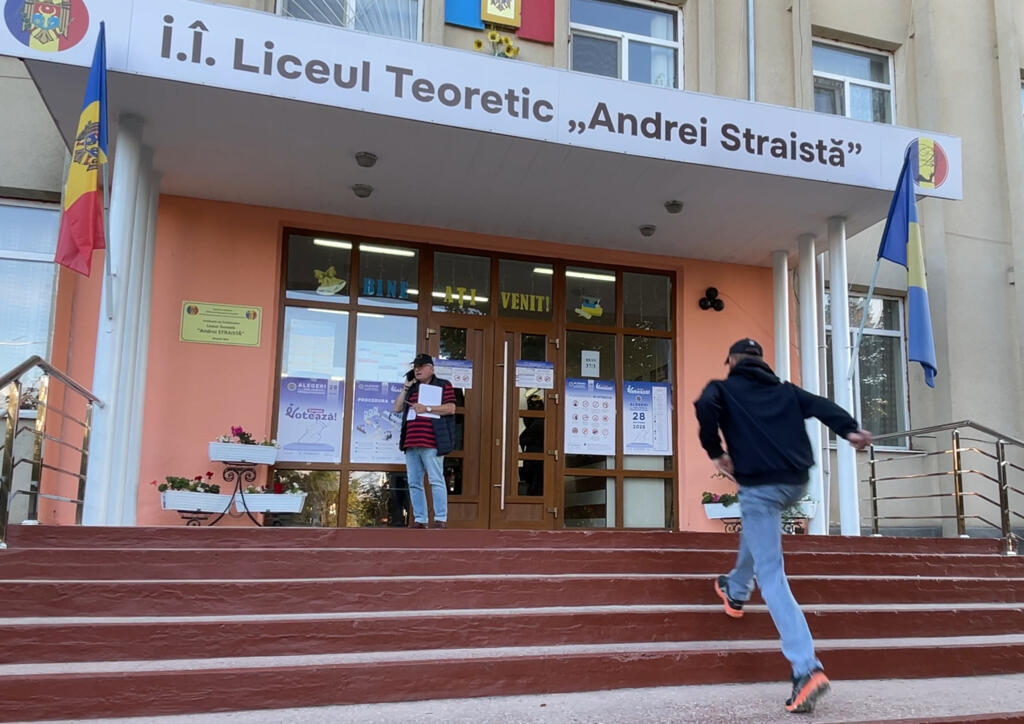
Obstacles remain
Others from Transnistria expressed impatience with what they see as discrimination from people living in Moldova proper.
“We are the same as our brothers from Moldova,” said Inna Romanyenko. "I am a Moldovan myself. I got married in Transnistria – does it mean that I am a separatist? No, of course not. I am a Moldovan, I love my country, I appreciate it.”
While she voted for the pro-Russian leader Igor Dodon, she acknowledged the difficulties both in Moldova and Europe.
"Maybe it's better in Europe, I don't argue,” she told RFI. "But it's not easy there either. If Moldova joins the EU, what do you think will happen to Transnistria? Nothing good."
According to the final results published by the Central Election Commission, 12,017 Transnistrian Moldovans voted, and more than 51 percent favoured the pro-Russian bloc, with PAS coming second with close to 30 percent.
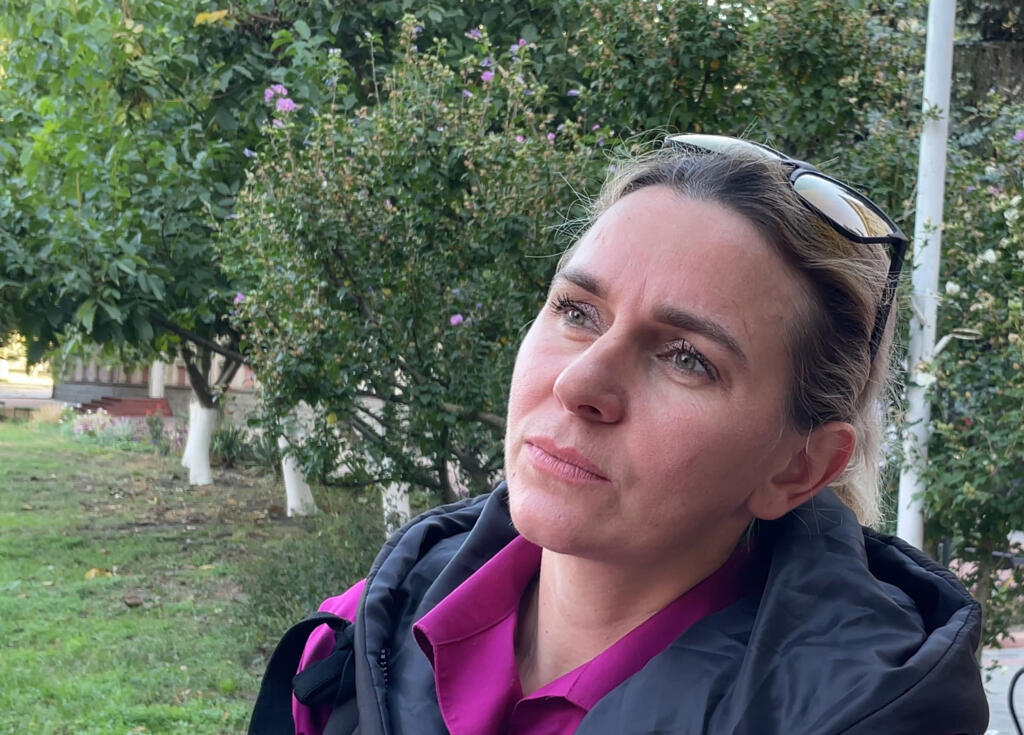
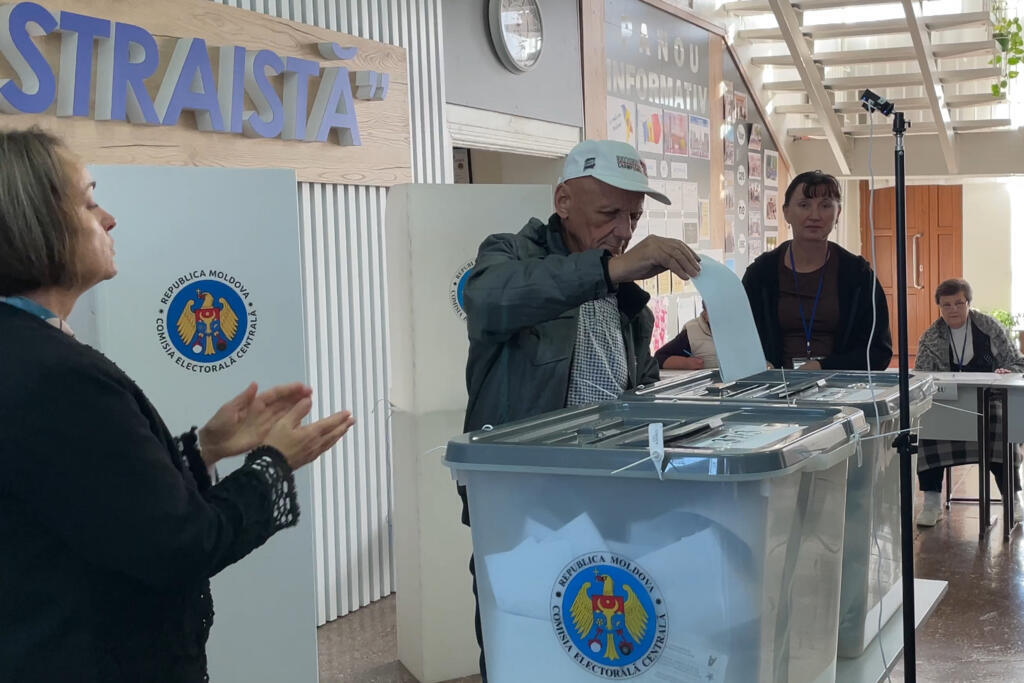
France, EU leaders say Moldova's election results put it on path to join EU
Looking ahead, political scientist Putina cautioned that Moldova’s path towards EU membership, while endorsed by the electorate, will be fraught with obstacles.
She cited the ongoing military occupation of Transnistria by Russia and the complex effects of regional conflict – further complicated by a persistent struggle against corruption and the influence of oligarchs.
"Moldova’s democratic development is like a dance: two steps forward and one back,” she said.







